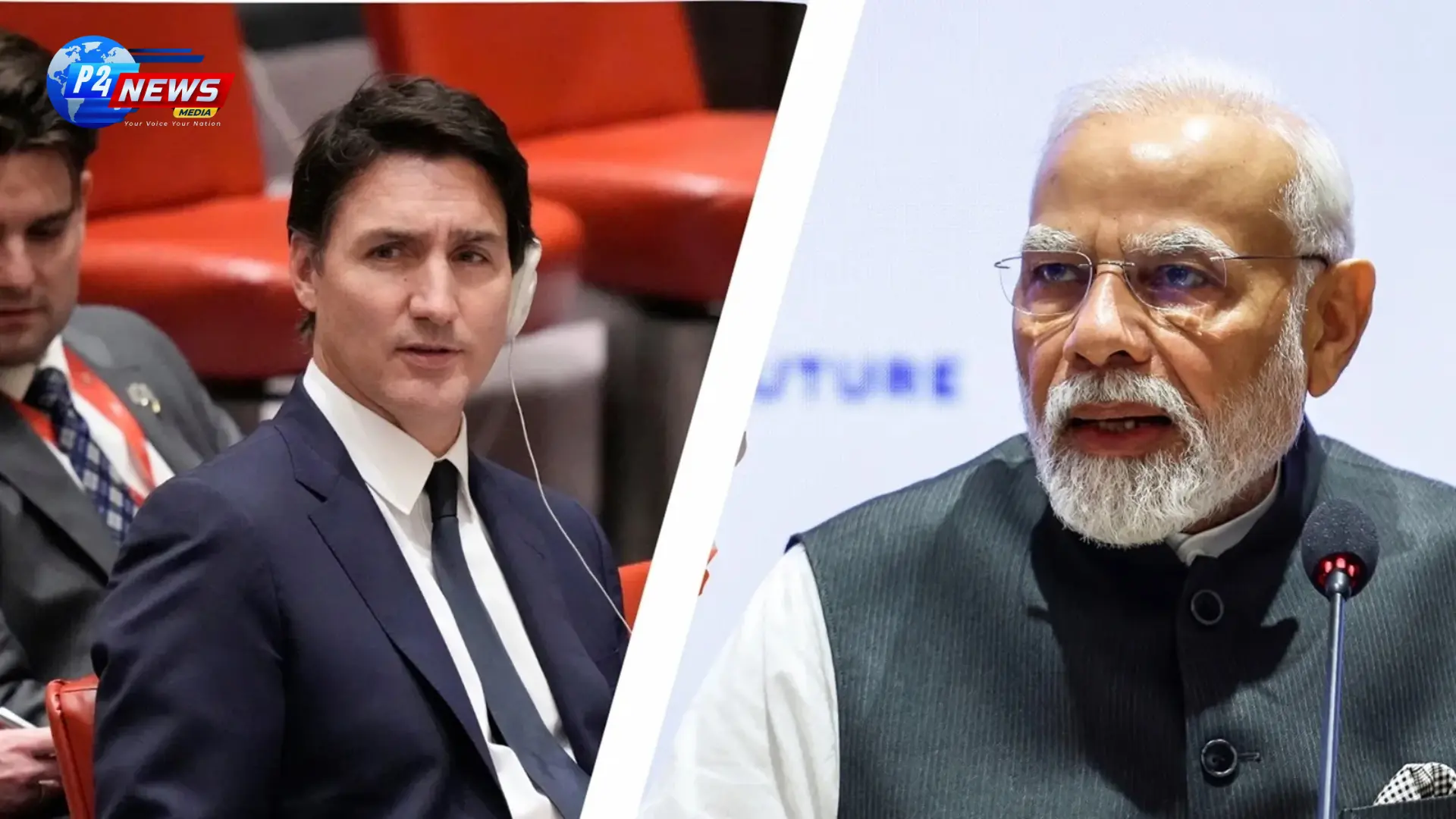Amidst rising tensions, India's Ministry of External Affairs responds to Canada's designation of India as a 'cyber adversary'
Amidst rising tensions, India's Ministry of External Affairs responds to Canada's designation of India as a 'cyber adversary'
Recently, the Canadian government, under Prime Minister Justin Trudeau, classified India as a ‘cyber adversary’ in its latest cybersecurity assessment. This decision has raised eyebrows in New Delhi, where officials perceive it as a blatant attempt to tarnish India’s international reputation.
The report, titled 'National Cyber Threat Assessment 2025-2026', purportedly outlines that India’s cyber capabilities not only aim at bolstering national security but also engage in espionage activities. These claims come amid ongoing diplomatic strains between the two nations.
Randhir Jaiswal, spokesperson for the Ministry of External Affairs, expressed strong dissent against these assertions during a press conference. He stated that such allegations are unfounded and stem from a desire within Canada to sway global perceptions against India.
The Canadian report asserts that India's cyber program aims to enhance its national security objectives, including counter-terrorism efforts. It emphasizes that India utilizes its cyber capabilities, which likely involve cooperation with commercial vendors, to further these aims.
Furthermore, the document claims that Indian state-sponsored cyber activities target Canadian governmental networks for espionage purposes. Such allegations categorize India alongside nations like China and Russia, which Canada also lists as adversaries in its cybersecurity realm.
Apart from cyber allegations, recent reports suggest that Indian diplomatic staff in Canada face harassment and intimidation. The Ministry of External Affairs in India has expressed deep concern over the surveillance of its officials, which violates international diplomatic norms.
Indian officials have reported being subjected to continuous audio and visual monitoring. Such actions, according to the Ministry, not only infringe upon established diplomatic practices but also exacerbate an already tense bilateral relationship.
Critics argue that under Trudeau’s leadership, Canada’s overt hostility towards India may be politically motivated. Trudeau’s government has been accused of pandering to domestic political factions that lean towards anti-India sentiments, particularly those affiliated with the Khalistani movement.
This political maneuvering is perceived as an attempt to mobilize certain vote banks within Canada, despite the risks it poses to international relations. Such actions have effectively placed the relations between India and Canada at their lowest in recent history.
The escalating tensions between India and Canada illustrate the complex nature of international relations today, particularly in the sphere of cybersecurity. As both nations navigate these troubled waters, it remains to be seen how the political dynamics will evolve.
In this digital age, the labeling of nations as adversaries based on cybersecurity capabilities could have far-reaching implications for global diplomatic relations. India’s firm response to Canada’s allegations indicates that the fallout from these claims will persist as both countries reassess their diplomatic strategies.
Like
Dislike
Love
Angry
Sad
Funny
Pray
9th Ayurveda Day in Melbourne: A Celebration of Ayurvedic Innovations and Global Health Impact
November 10, 2024Australia’s Terror Alert Jumps to ‘Probable’: What You Need to Know About the Increased Risk
August 05, 2024🍪 We Value Your Privacy and Experience Hi there! We use cookies to enhance your browsing experience, provide personalized content, and analyze site traffic. By continuing to use our site, you consent to our use of cookies.







Comments 0